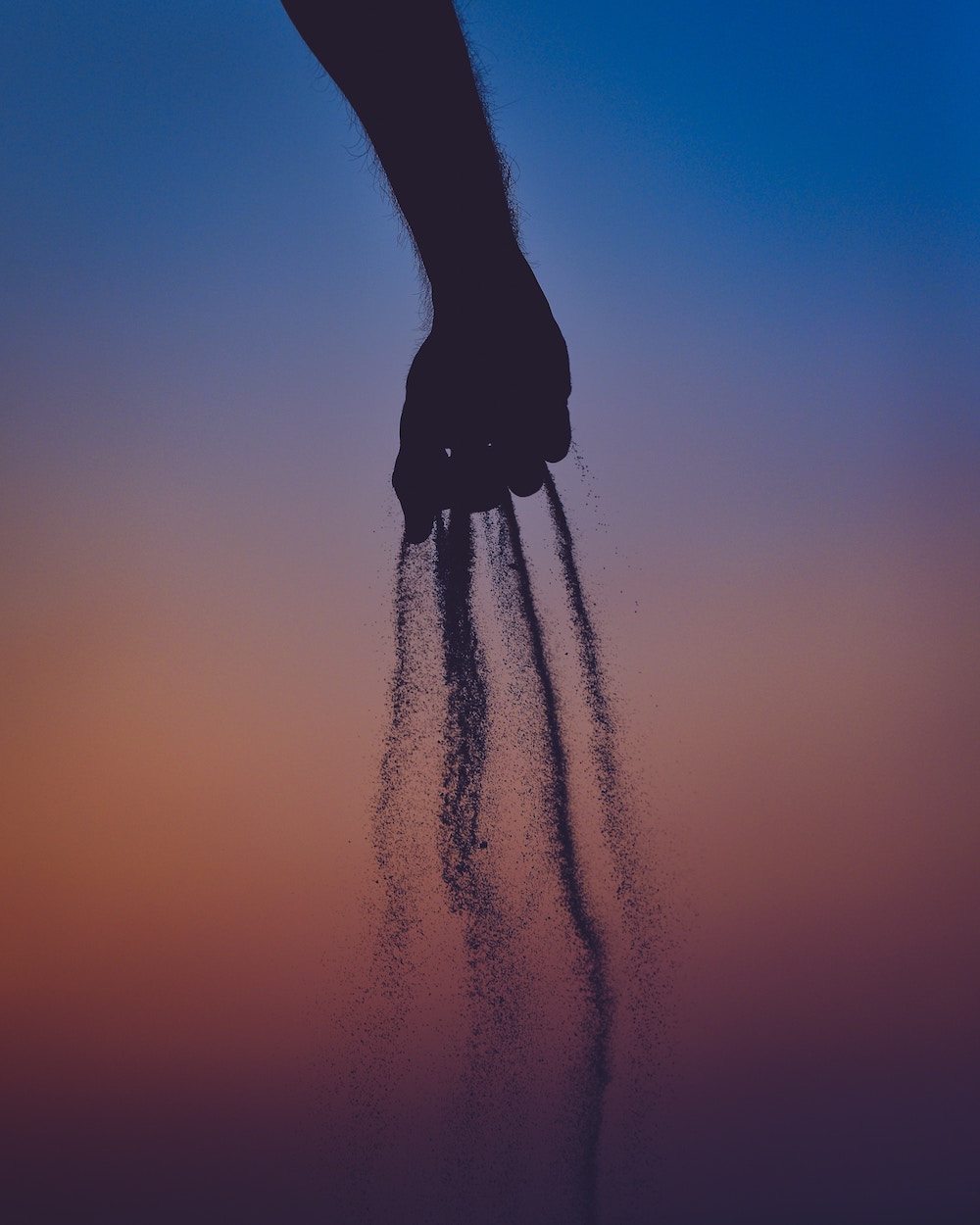When you find the right balance between skill and challenge, you’re likely to feel happy, powerful and full of energy – in fact, you’ll be flowing
Have you ever felt so absorbed in an enjoyable book or activity that you lost track of time? You were so caught up in the story, or in the complexity of what you were doing, that the outside world vanished. You felt present. Connected. Exhilarated.
We call this sensation “flow” and it’s hugely beneficial for our mental wellbeing. When we experience total immersion in a challenging activity, important changes take place in our brain chemistry.
Pleasure and performance-enhancing chemicals such as dopamine, serotonin, and endorphins are released; we feel happy, powerful and bounding with energy. And the happiness that comes from “flow” is a feeling we create ourselves.
It was psychologist Mihaly Csikszentmihalyi who identified “flow” in the 1990s. He says we reach this blissful state when we find the right balance between skill and challenge. If our challenge is too great, we’ll be stressed. If the challenge is not enough, boredom kicks in. But when it’s just right, we experience “flow”.

Around 85% of people are believed to be capable of experiencing “flow”. For some, it happens several times a day, for others now and then. Yet everyone can improve their ability to experience “flow”.
1. Step out of your comfort zone
Do something that’s slightly beyond your comfort zone. It needs to be challenging but not overwhelming. Something that you enjoy and requires skill. If you love swimming, you could aim to swim a certain distance over time. You might even try a short open-water swim if you’ve not tackled one before. However, committing to swim the Channel in four weeks’ time would have the opposite effect and leave you stressed, rather than energised.
When you take on a challenge that’s manageable to you – anything from trying out a new recipe, to making a patchwork quilt – you increase your chances of experiencing “flow”.
2. Get better at something
Develop an existing skill, try a new one, or take up an old one. For example, if you tap-danced as a child, have some adult lessons. Dancing is an ideal activity to trigger “flow”. You have to follow rules, it involves skill, you get immediate feedback as to whether the steps are correct or not, and it can be fun – if it’s your thing. “Flow” is very individual, so you need to find what works for you – and there are no limits. Mountain climbing, sailing, reading an academic book, yoga, or an enjoyable work project might be your thing, and all of them can promote the feeling of “flow”. Whatever appeals to you, draws you in and challenges you, can help you find your “flow”.
3. Have clear aims and objectives
Make sure your activity has clear, realistic and achievable goals. Goals are important to “flow” as they give us control over what we do. Working towards them makes us disciplined and gives us a sense of purpose. Take elite athletes, who have to be completely in tune with mind and body to achieve extraordinary feats. “Flow” is all in a day’s work for them. They become at one with their sport or activity, and in total control of their performance.

4. Keep an unflinching focus
Stay focused on what you’re doing and give it all your attention. It’s this deep level of concentration on the task that blocks out all other distractions. Apply yourself completely and nothing else matters. Jean Lowell, who has anxiety and depression, sings regularly in a choir and understands the transformative power of “flow”. She says: “I feel really joyful when I sing, and mastering the difficult parts takes up all my thoughts. After a rehearsal, I go away full of energy and in a more positive frame of mind.”
5. Lose yourself
Forget yourself. You may think that’s easier said than done, but it’s crucial if you want to experience “flow”. As a source of mental energy, “flow” both invigorates and motivates us so we can forget ourselves. As you immerse yourself in your activity, you’ll shut off any critical “self-talk”, niggling worries and distractions. “Flow” is about losing yourself in something that offers no tangible reward beyond the activity itself.


Comments